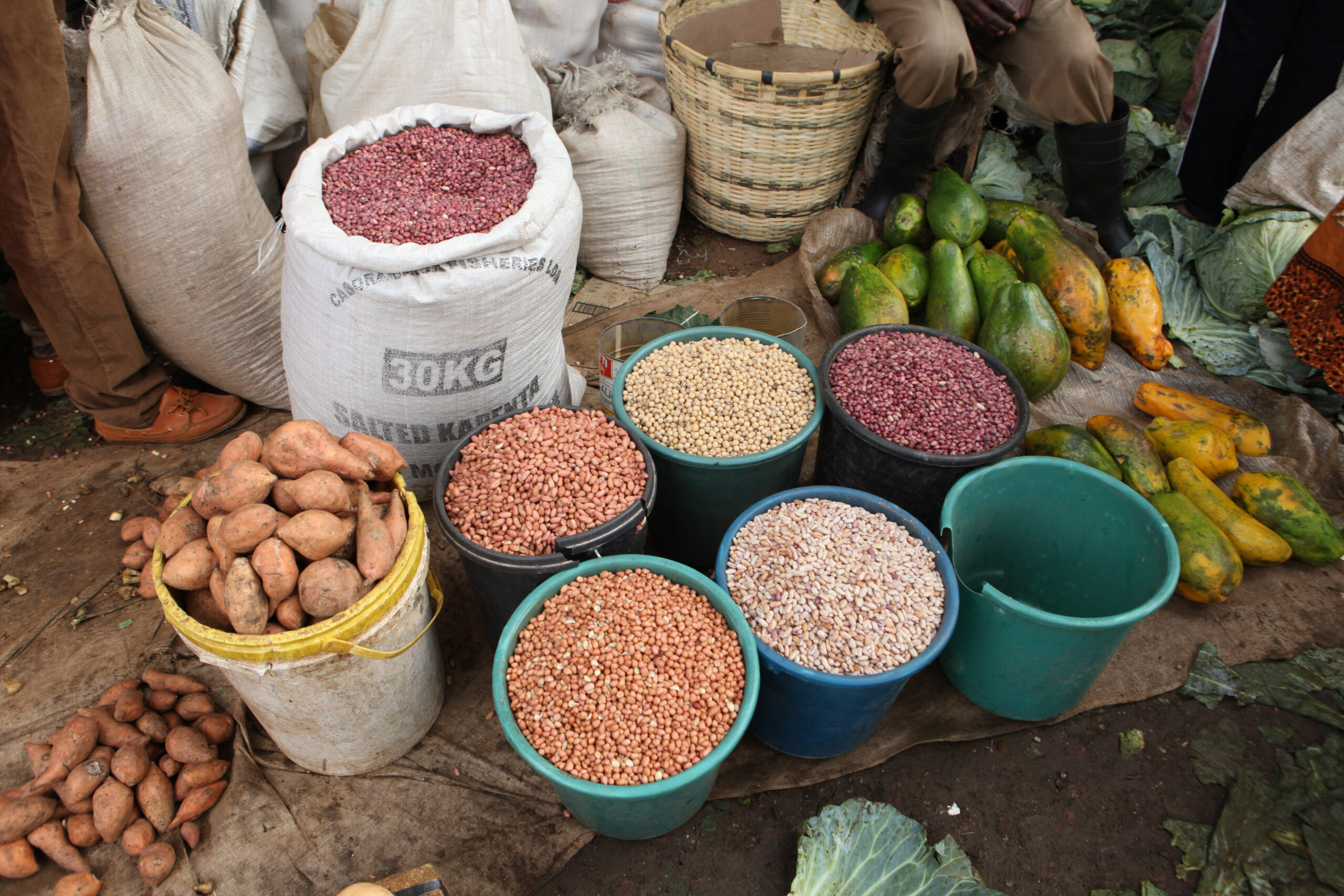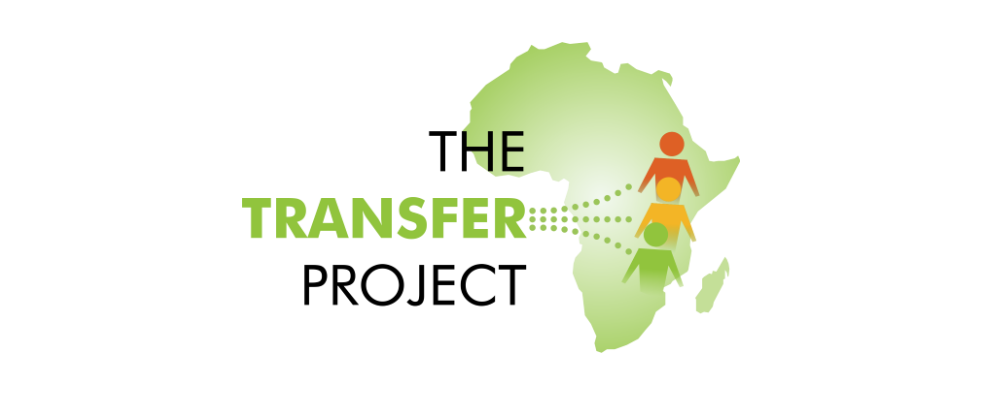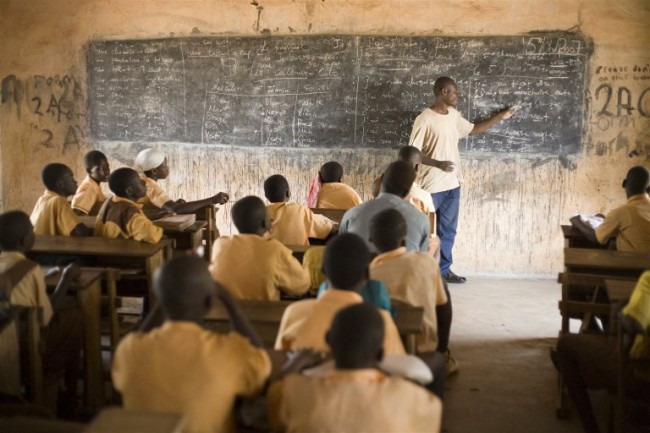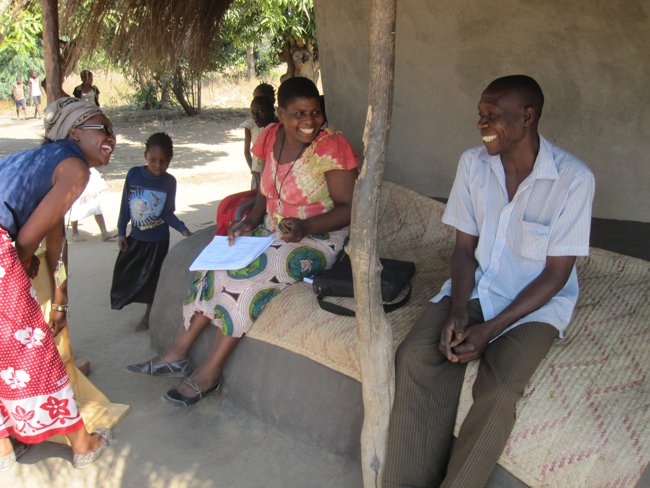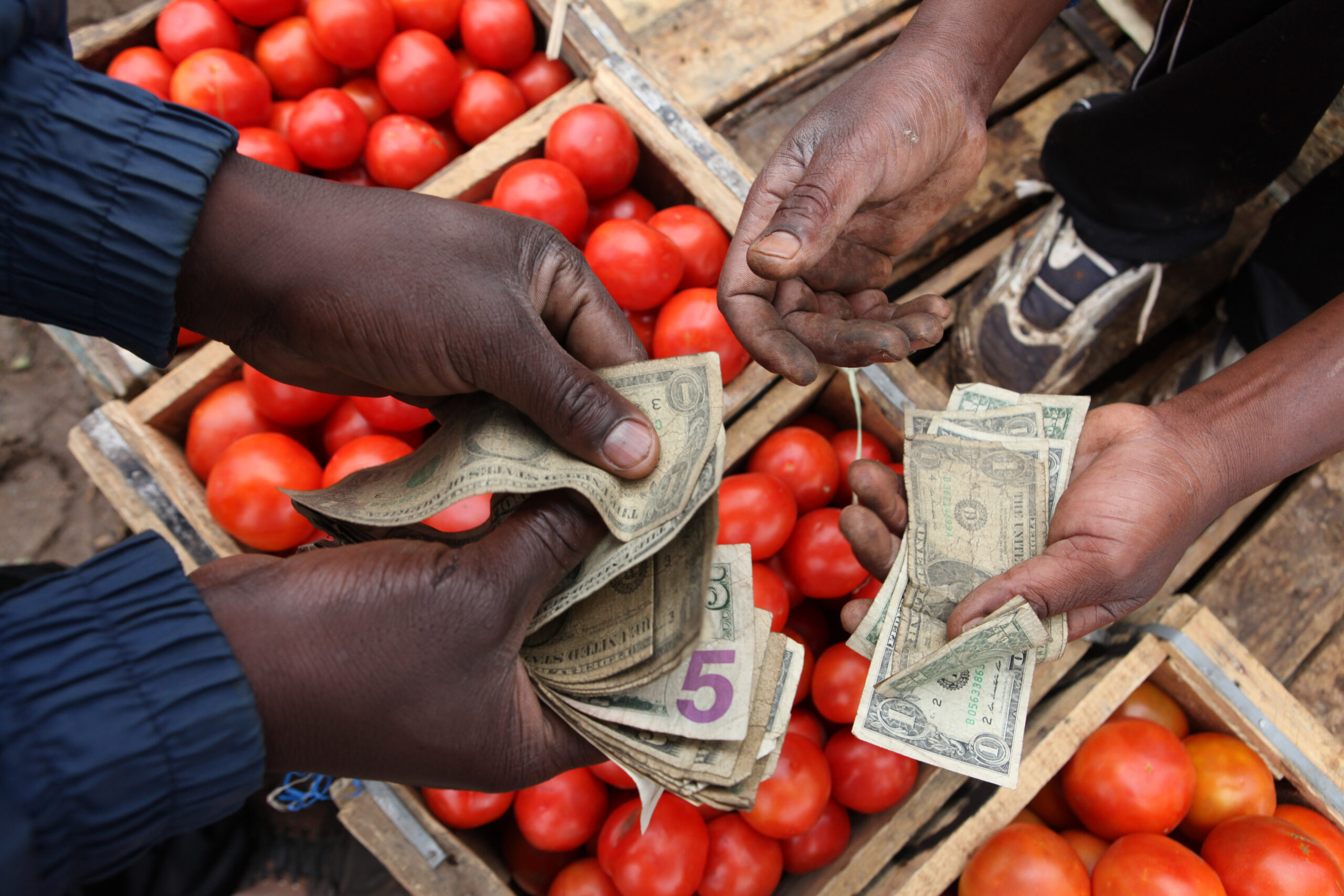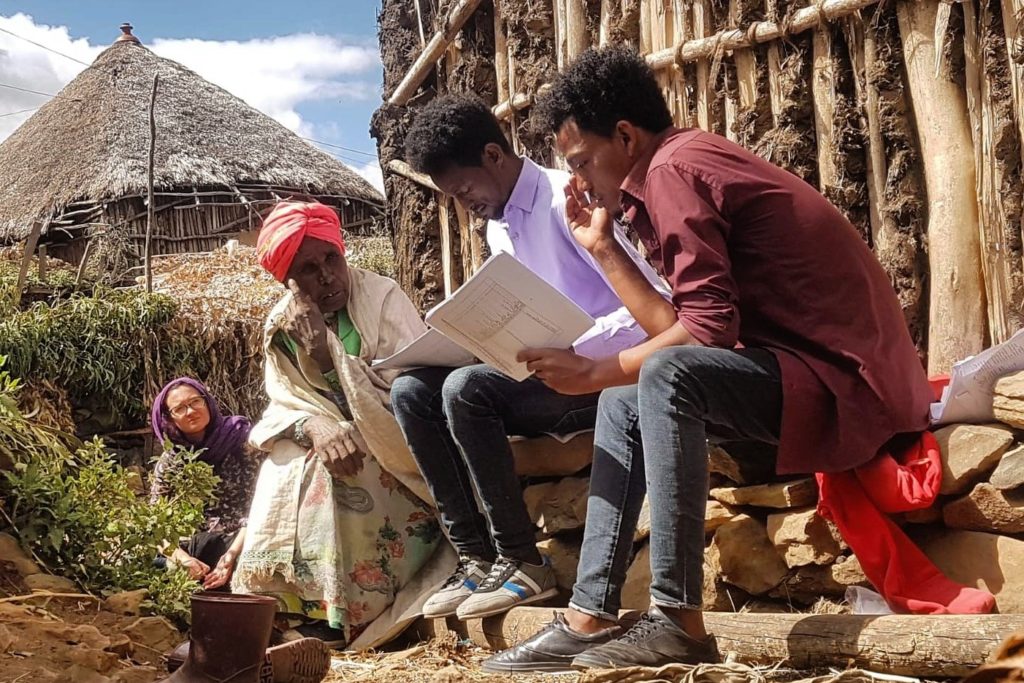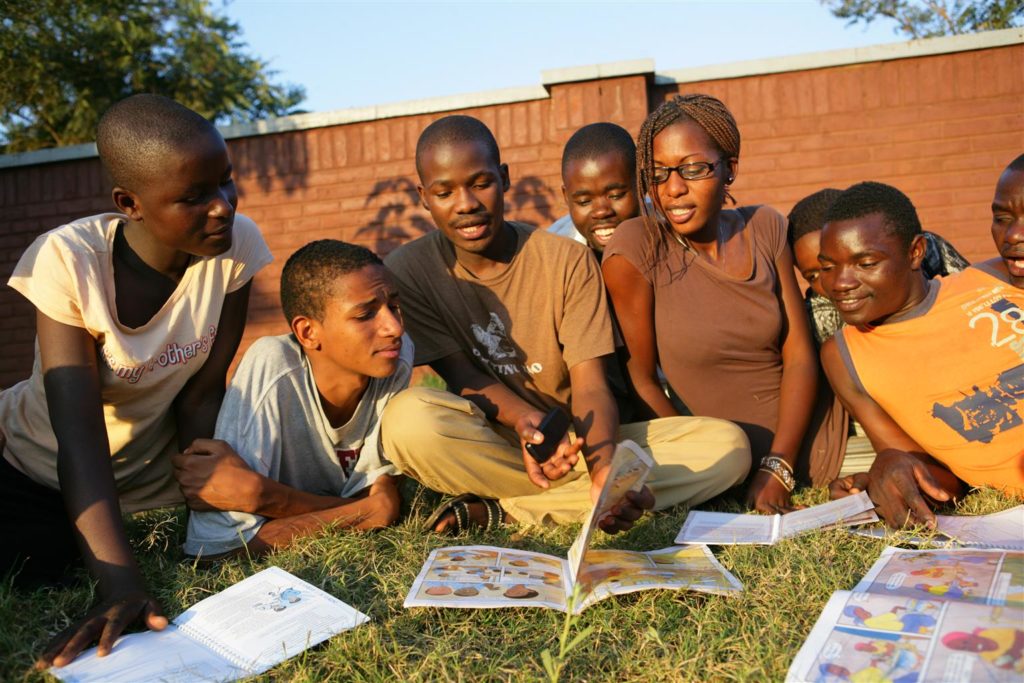Themes
Cash transfers have notable positive effects on young people’s participation and performance in education, human capital accumulation and other outcomes. By enabling families’ investment in their children, cash transfers can contribute to equality of opportunity for youth development and well-being.
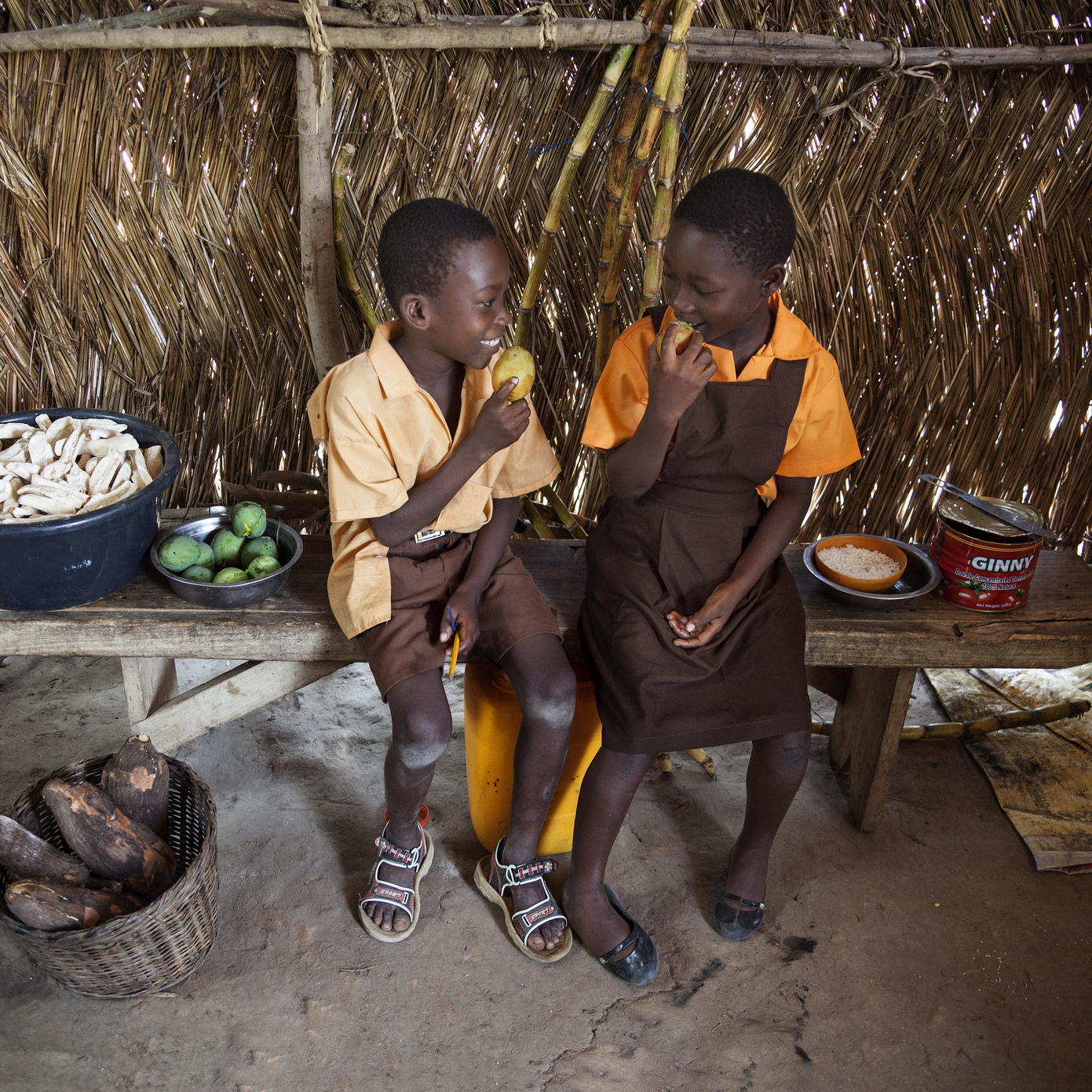
Linking cash transfer programmes to complementary interventions and existing services can boost the impacts of cash for more transformative outcomes on the lives of programme paticipants. These integrated social protection initiatives, or ‘Cash plus’ programmes, range from behaviour change communication to facilitating enrollment in health insurance schemes, and more.
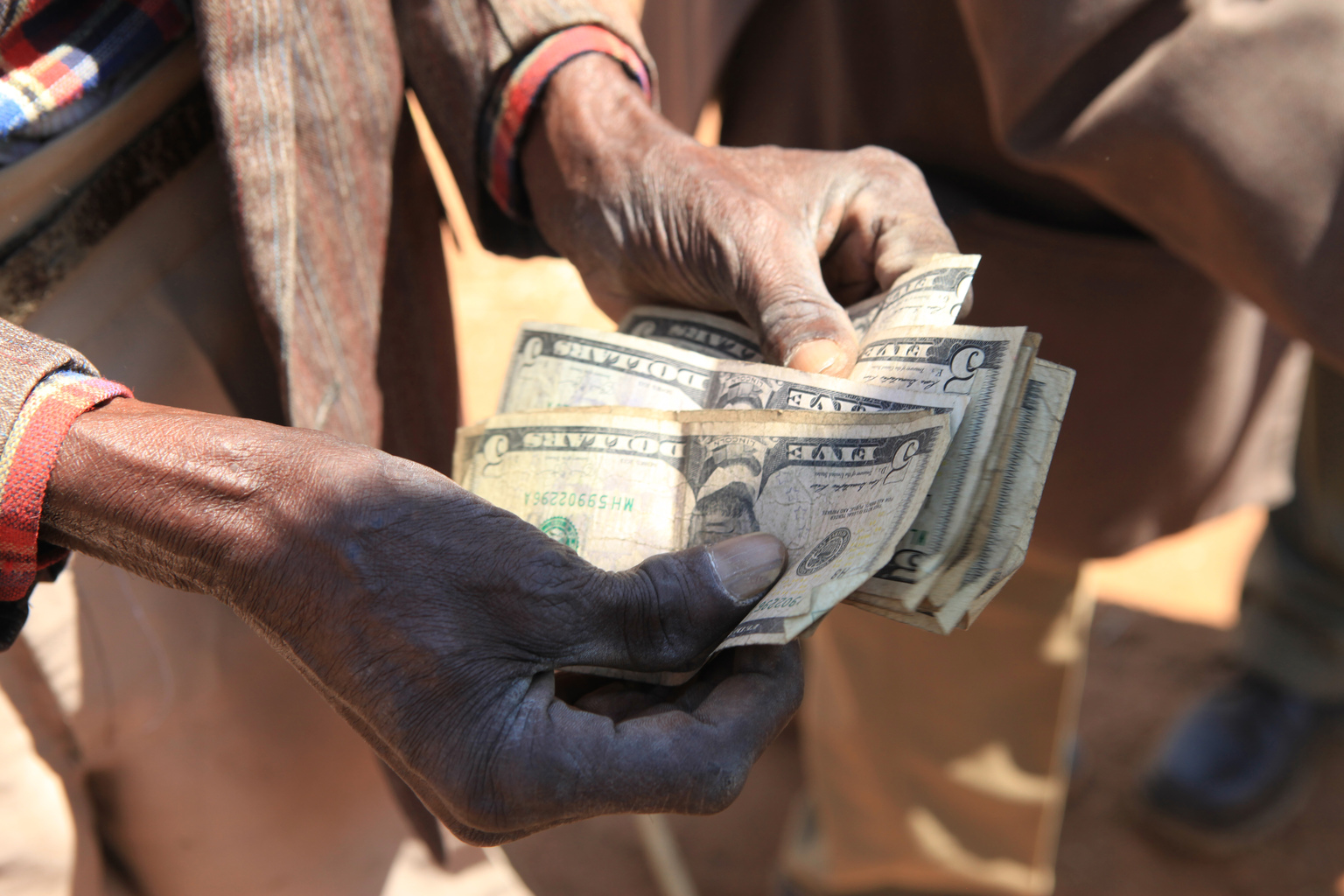
In many low- and middle-income countries, the economic impact of COVID-19 may hit harder than the virus itself, dragging already vulnerable families deeper into poverty. Social protection, including cash transfers, is being introduced or adapted to mitigate the impacts of COVID-19 and protect those hardest hit by the virus.
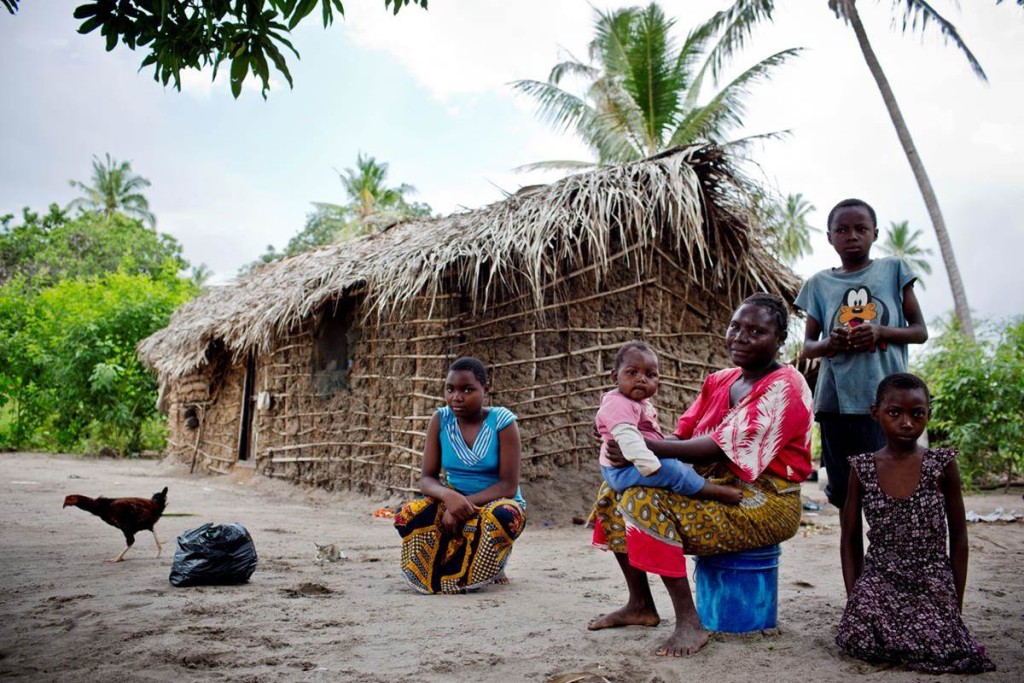
Many cash transfer programmes target women, making it possible to measure gender-specific outcomes, such as the dynamics around finances and household decision-making. Additionally, cash transfers may alleviate intrahousehold stress which may contribute to more equitable gender relations and reduce emotional and physical domestic violence.
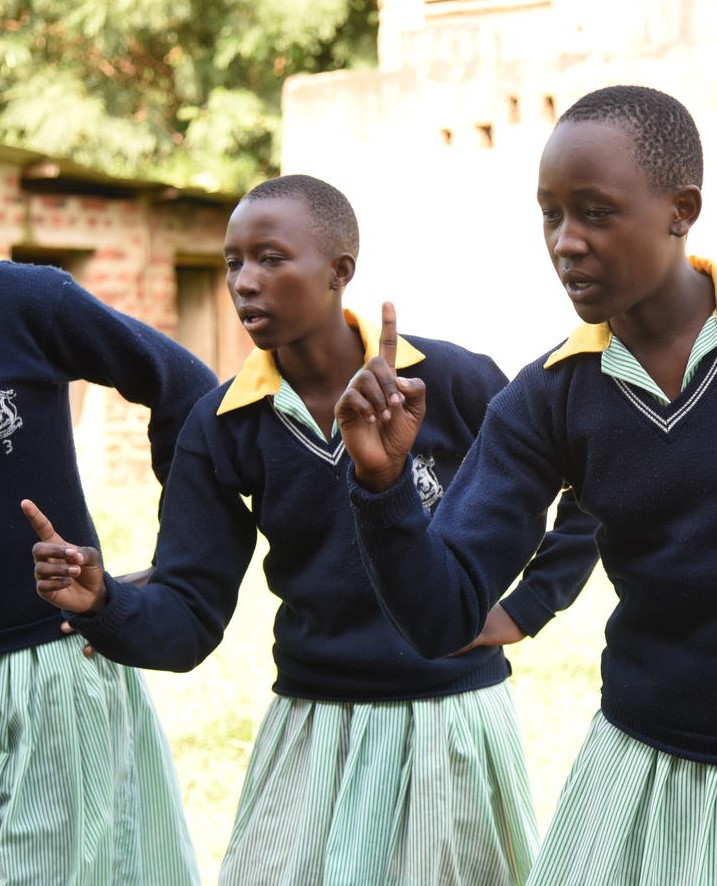
Evidence suggests that cash transfer recipients increase their food-related expenditures and improve their dietary diversity. Recipients may also increase their health service utilization and be discouraged from risky behaviors such as alcohol consumption and unprotected sexual activity, potentially contributing to reduced HIV incidence.
